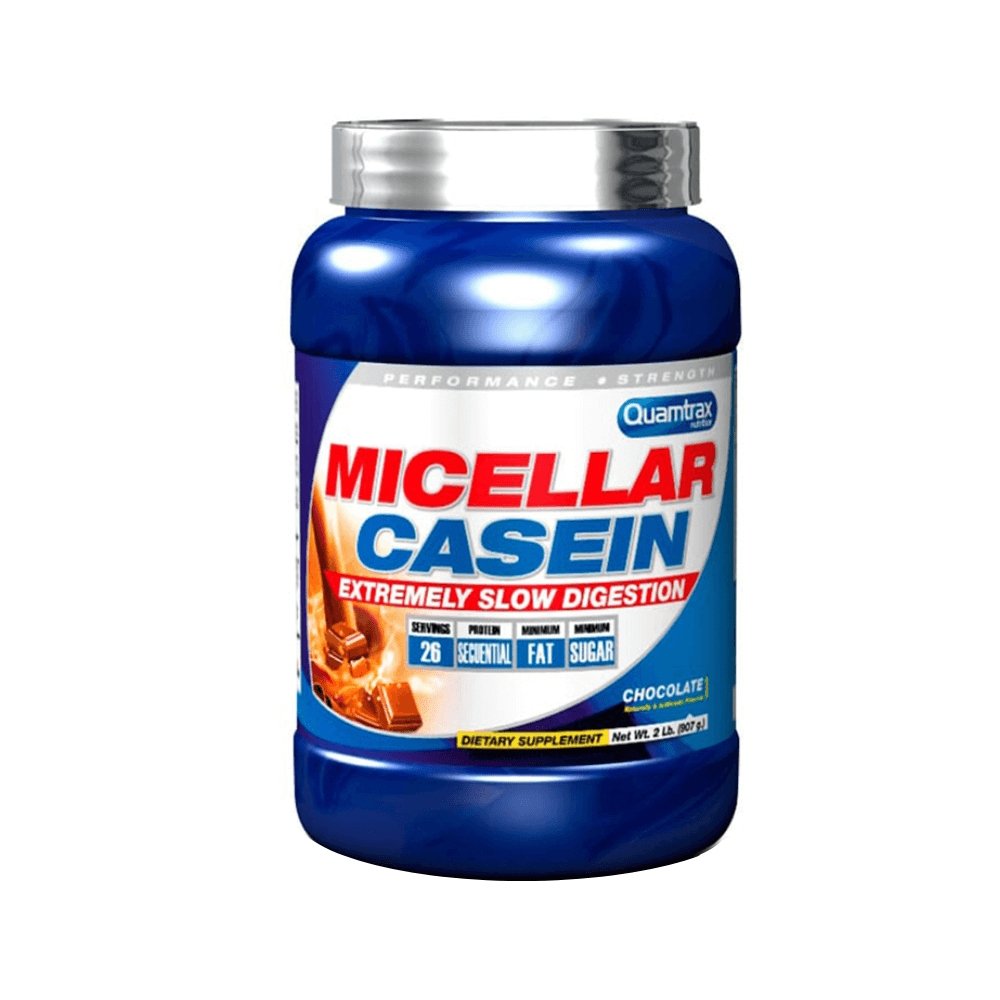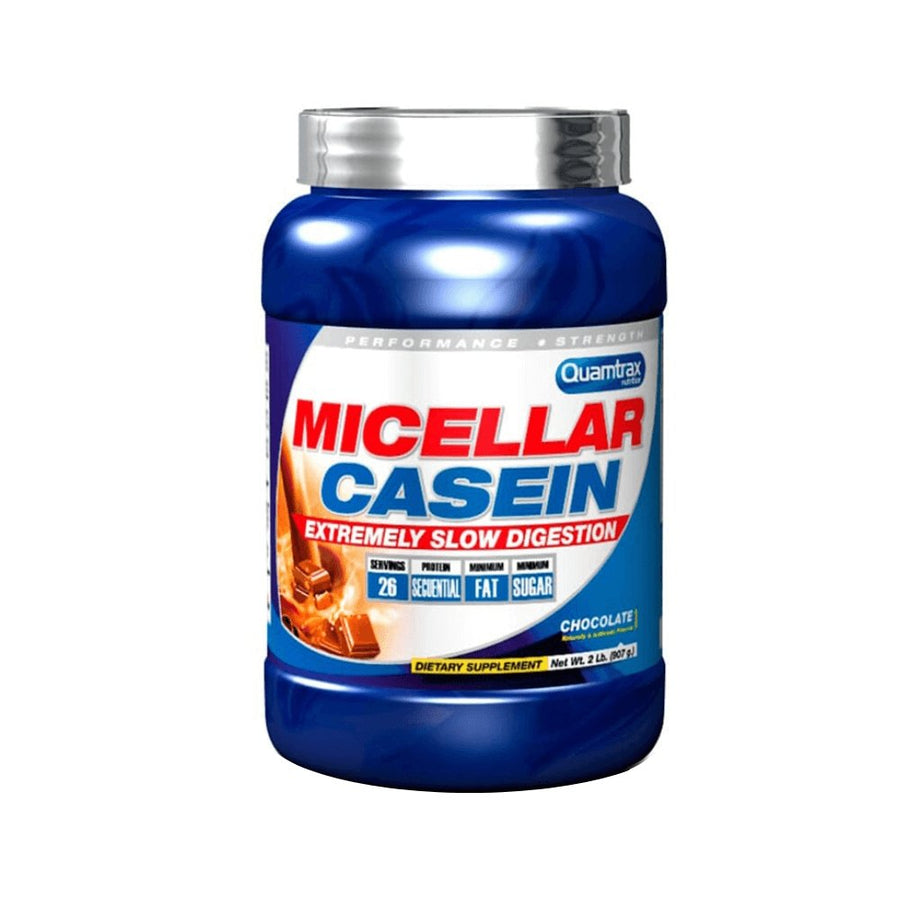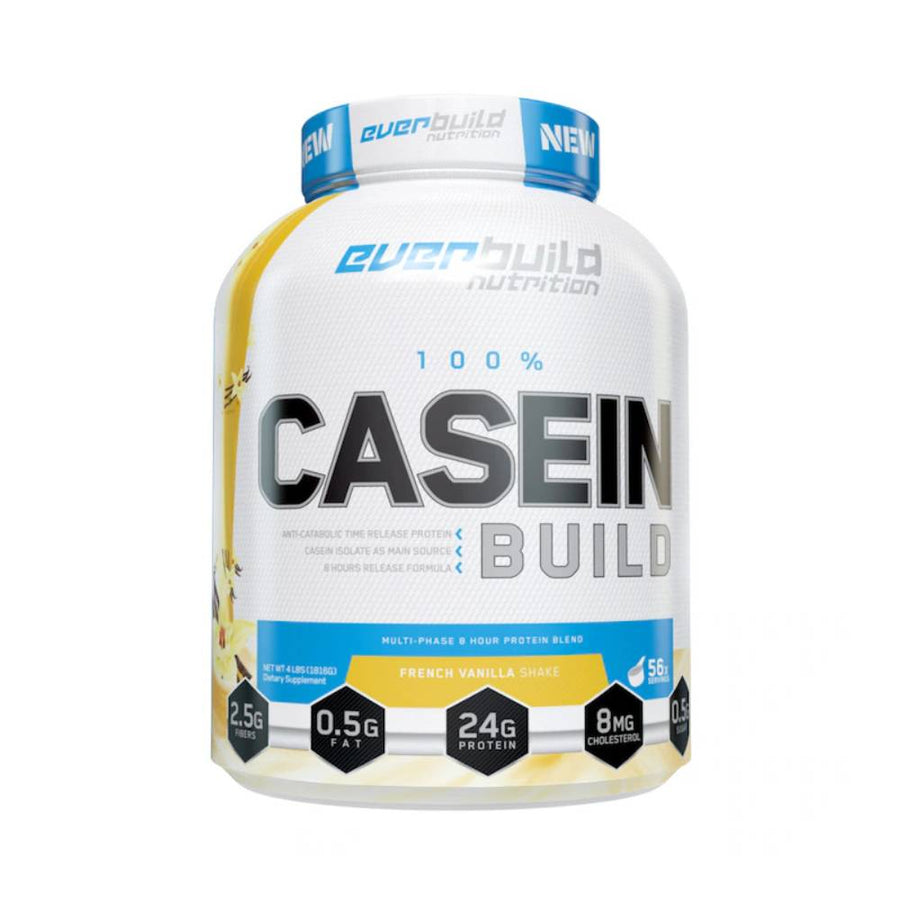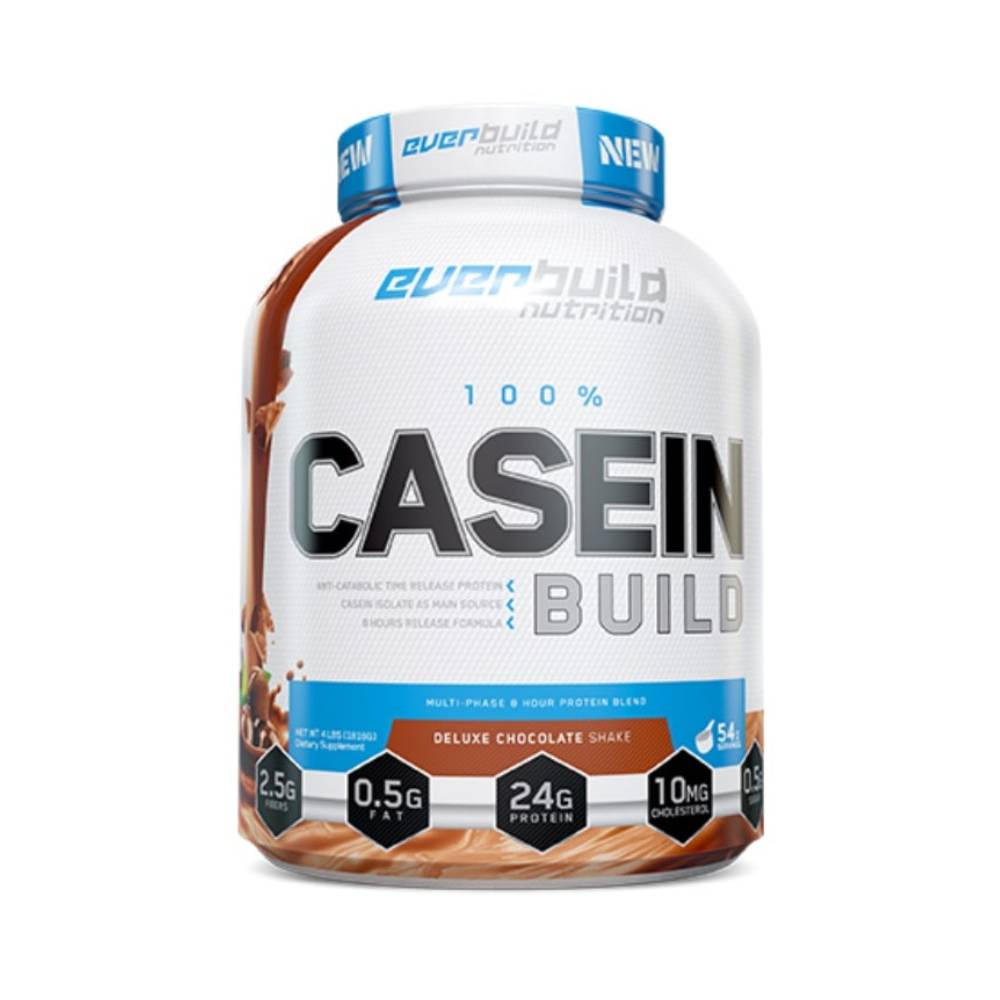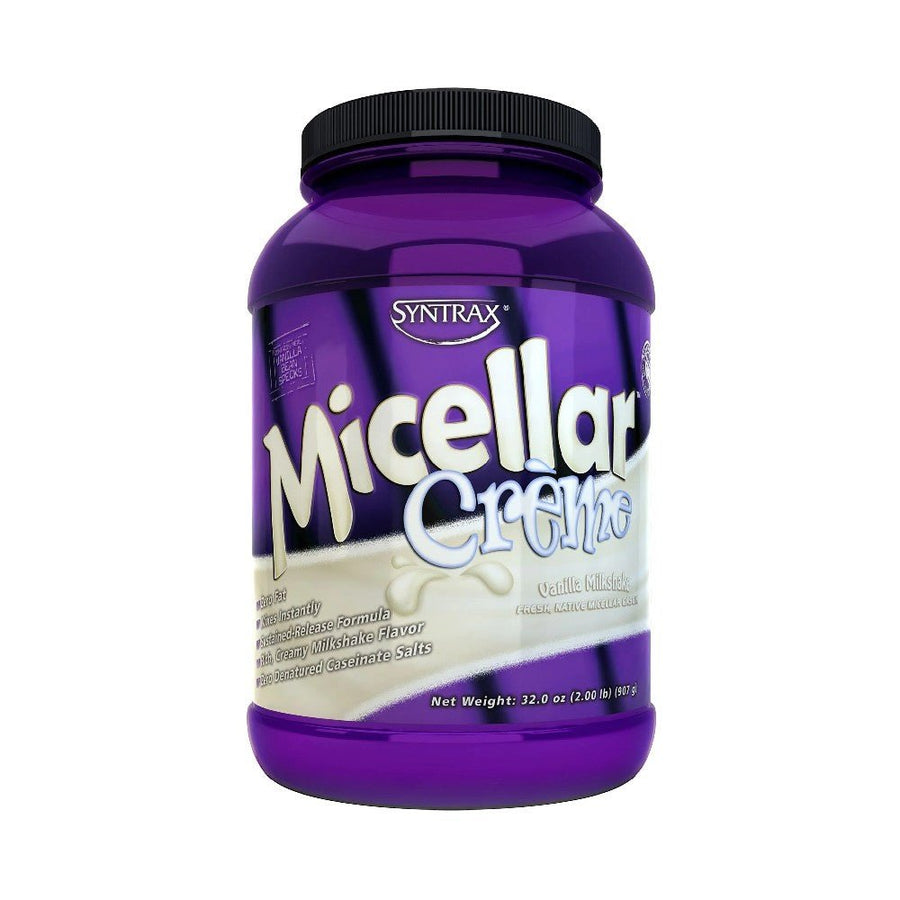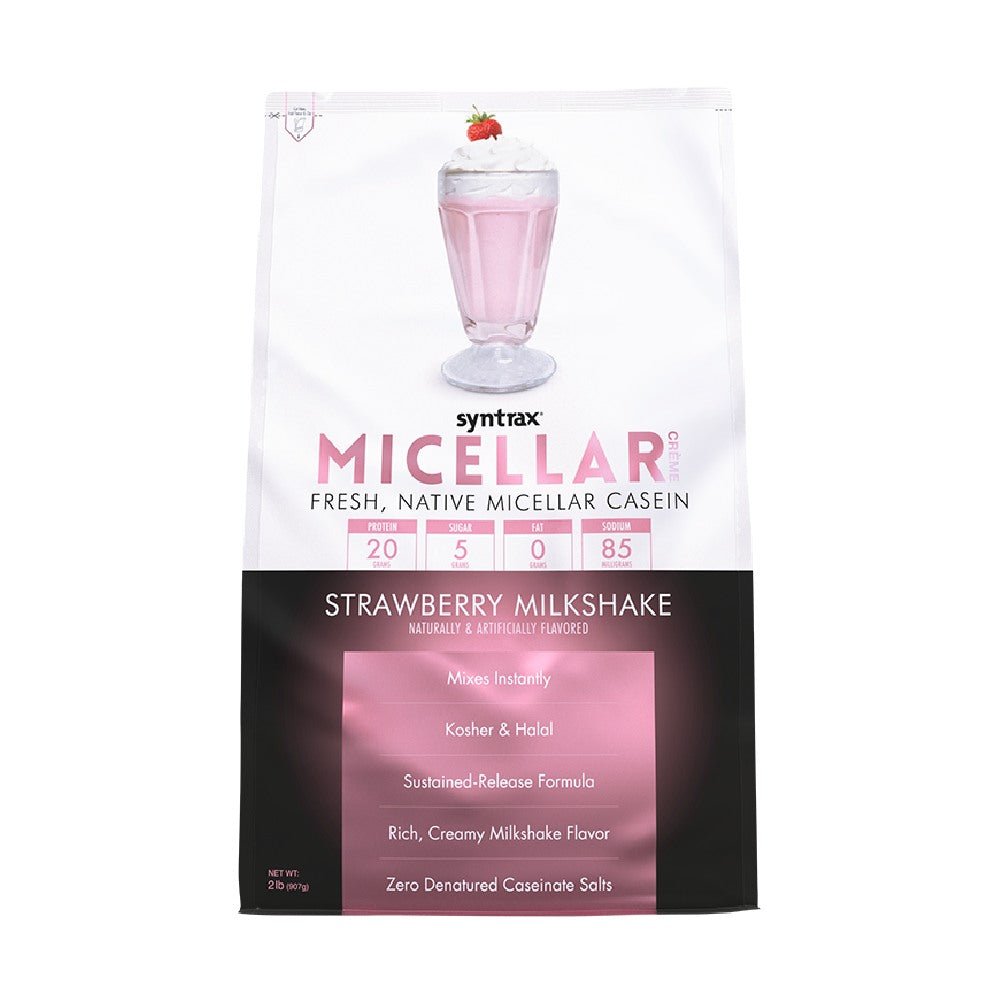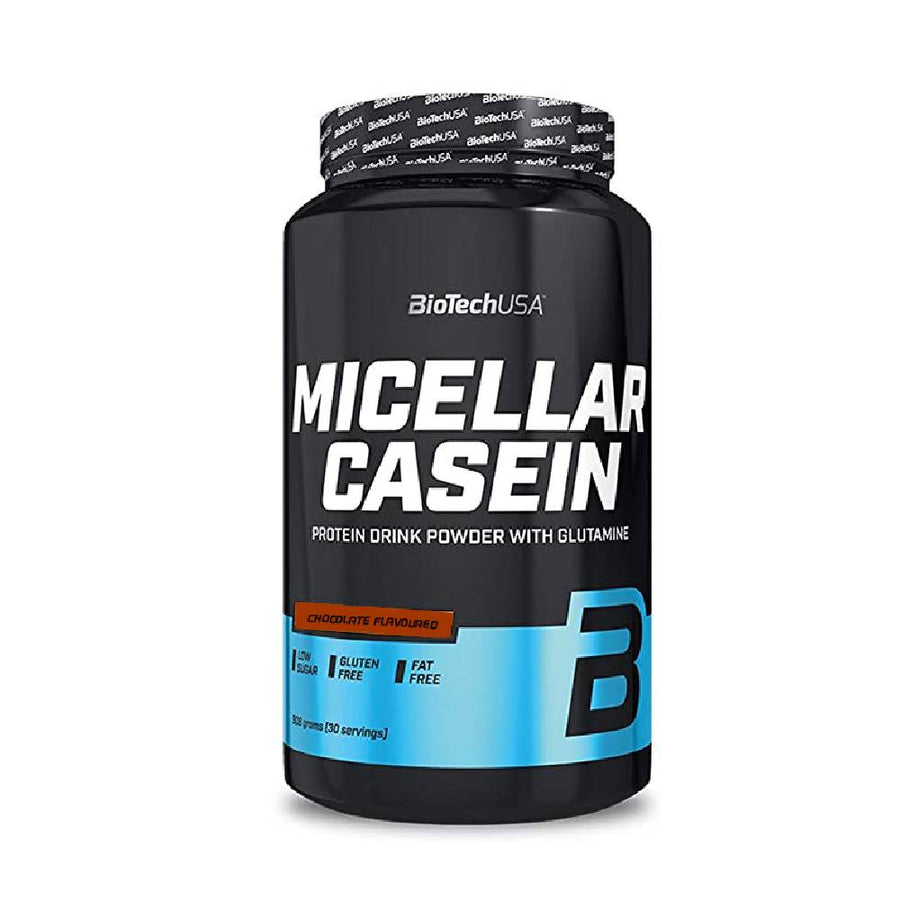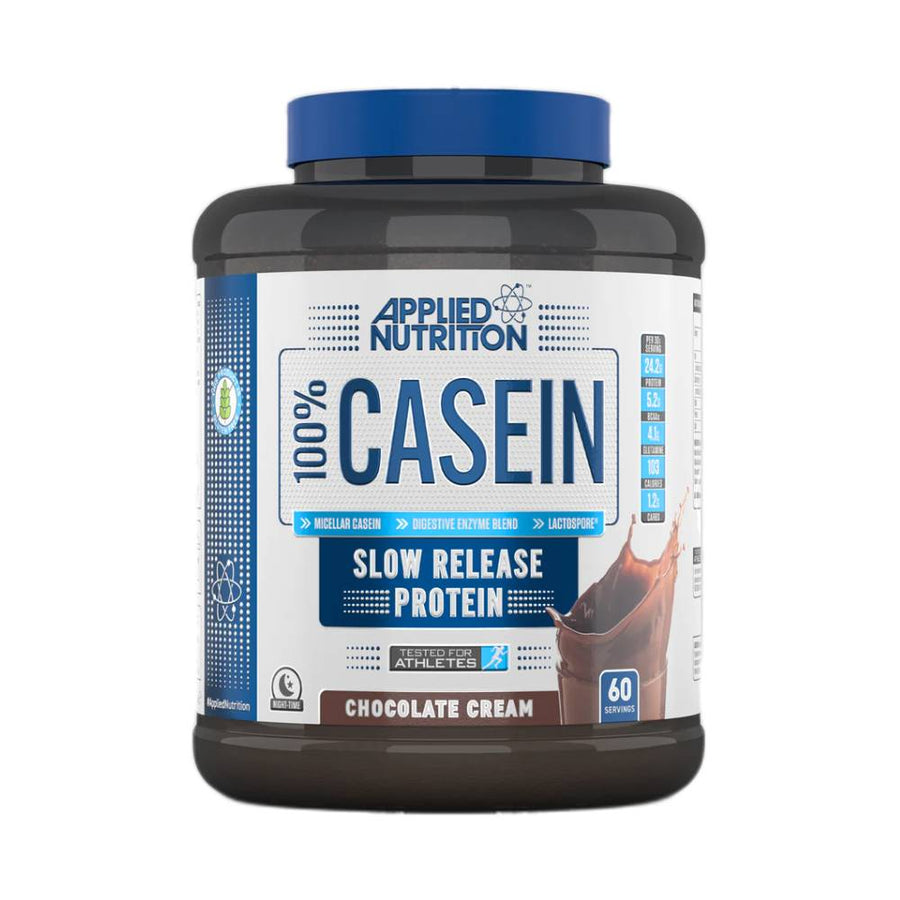Casein - what it is, its benefits for athletes and its importance in the diet of bodybuilding enthusiasts

Casein, a complex and versatile protein, is an essential element in the diet of athletes and bodybuilders. Derived largely from cow's milk, this protein plays a key role in supporting muscle growth and recovery, making it one of the most popular options for nutritional supplements. With its slow absorption and complete amino acid profile, casein not only supports physical performance, but also offers benefits for overall health, including weight management and supporting bone health.
In this article, we’ll explore everything you need to know about casein in detail—from its sources and composition, to its health benefits and how to incorporate it into your diet. We’ll also look at how it compares to other proteins and offer practical advice for those struggling with casein intolerance. Whether you’re a professional athlete, a fitness enthusiast, or simply interested in nutrition, casein can be a trusted ally in achieving your health and performance goals.
What is casein and why is it important?
Casein is the predominant protein in milk, accounting for approximately 80% of the total protein in cow's milk. It plays a vital role in nutrition and offers multiple health benefits. Chemically, casein is a complete protein, containing all the essential amino acids needed by the body. In its pure form, casein is white in color and tasteless.
The importance of casein derives from several key aspects:
-
Excellent source of essential amino acids – Casein provides all the essential amino acids the body needs for the regeneration and development of muscle tissue.
-
Slow absorption, providing long-term amino acids – Due to slow digestion, casein gradually releases amino acids into the bloodstream, supporting muscles for several hours.
-
Supports muscle protein synthesis and post-exercise recovery – Consuming casein helps restore muscles after intense workouts and prevents their degradation during rest.
-
Promotes satiety, helping to control appetite – The slow digestion of casein induces a prolonged feeling of satiety, which can help reduce calorie intake.
-
Contains calcium and phosphorus, essential for bone health – Casein is rich in essential minerals, supporting bone density and preventing conditions such as osteoporosis.
These properties make casein ideal for nutritional supplements for athletes. Its ability to provide slow-absorbing amino acids makes it a good night's protein, supporting anabolic processes during sleep.
Milk casein - sources and composition
Casein is the dominant protein in milk, accounting for approximately 80% of the total protein in cow's milk. Although present in the milk of all mammals, the proportions differ:
-
Cow's milk: ~80% casein, 20% whey;
-
Human breast milk: ~40% casein, 60% whey.
In milk, casein exists in the form of micelles - microscopic spherical structures in suspension. There are four main subtypes:
-
Casein αS1;
-
Casein αS2;
-
β-casein;
-
Casein κ.
The first three subtypes transport calcium and phosphorus, while κ casein maintains the structural integrity of the micelles.
For people with intolerance, there are casein-free milk alternatives:
-
Vegetable milk (soy, almond, rice);
-
A2 milk (contains only beta-A2 casein, which is more easily digestible);
-
Special formulas for babies with hydrolyzed casein.
Micellar casein, obtained through advanced filtration, is considered the superior form, preserving its natural structure and offering optimal benefits in digestion and slow absorption of amino acids.
The health and nutritional benefits of casein

Casein, a complete protein with slow absorption, offers numerous advantages:
-
Supports muscle growth and maintenance – Casein provides the nutrients needed to repair and grow muscle fibers damaged by intense training. It is particularly effective in the long term due to the gradual release of amino acids, which ensures a constant flow of nutrients to the muscles, preventing their degradation during periods of rest.
-
Promotes satiety and weight control – Due to its slow digestion properties, casein helps stabilize blood sugar levels and prevents sudden energy fluctuations that can lead to cravings. This protein is ideal for those who want to control their appetite and maintain a calorie balance without major efforts.
-
Supports bone health – Casein contains phosphopeptides that facilitate the absorption of calcium and phosphorus in the body, essential elements for maintaining strong bones. Regular consumption may also reduce the risk of fractures and support bone regeneration in active or elderly people.
-
Improves post-exercise recovery – Casein helps reduce muscle stress and inflammation, accelerating the healing process of microtraumas caused by physical exertion. This effect contributes to faster recovery, allowing athletes to resume training more effectively and without discomfort.
-
Supports the immune system – The bioactive peptides in casein act as protective factors, strengthening the body’s natural barrier against infection and reducing chronic inflammation. This benefit is especially important for athletes, whose immunity can be compromised by intense training.
Casein intolerance - symptoms and management
Casein intolerance occurs when the body cannot properly digest this milk protein. Unlike a milk allergy, casein intolerance is caused by a lack of the enzymes needed to break down the protein.
Symptoms of casein intolerance
-
Bloating and flatulence;
-
Abdominal cramps;
-
Nausea;
-
Diarrhea;
-
Constipation;
-
Headache;
-
Fatigue.
These symptoms can appear a few hours after consuming casein foods, varying in intensity from one person to another.
Managing casein intolerance
If you suspect you have casein intolerance, here are some helpful strategies for managing it:
-
Read labels carefully to identify the presence of casein – Check the ingredient list when buying food products to make sure they do not contain casein or its derivatives.
-
Opt for casein-free milk and special dairy products – Choose products specially designed for people with intolerance, such as casein-free milk or alternative cheeses.
-
Try plant-based alternatives like soy, almond, or rice milk – Introduce plant-based drinks and other non-dairy options into your diet that can successfully replace milk and other products containing casein.
-
Consult a nutritionist for a balanced diet – A specialist can help you identify alternative sources of protein and essential nutrients to maintain a healthy casein-free lifestyle.
In some cases, digestive enzymes from the digestive supplement category may help to tolerate casein, but consult your doctor before use.
Casein in nutritional supplements and food products
Casein, this versatile protein, is commonly used in workout supplements and food products. The main forms include:
-
Micellar casein - premium form, obtained through advanced filtration;
-
Sodium caseinate - produced through chemical processing, with low bioavailability;
-
Casein hydrolysate - enzymatically pre-digested form for rapid absorption.
In nutritional supplements, casein protein powder is appreciated for:
-
Slow and steady release of amino acids, ideal before bed – Micellar casein acts as a nutrient reservoir, providing muscles with the amino acids they need to repair and prevent breakdown during the night. This property makes it the preferred choice for athletes who want a restful sleep while optimizing muscle recovery.
-
Long-term muscle protein synthesis support – Through slow digestion, casein maintains a steady level of amino acids in the blood, which supports muscle growth and protects it from catabolism. This prolonged effect is especially valuable for those who have long periods between meals or want to maximize the anabolic process.
-
Promotes satiety and appetite control – The slow digestion of casein gives you a feeling of fullness for a longer period of time, reducing the need for unhealthy snacks. This benefit is ideal for those managing their body weight or following a strict eating plan, contributing to better control of calorie intake.
In addition to supplements, there are also food products rich in casein:
-
Cheeses (especially cottage cheese);
-
Greek yogurt;
-
Milk and dairy products;
-
Powdered milk formulas for infants.
Casein vs. other proteins - comparison and use
Casein is differentiated from other proteins by several key characteristics:
-
Absorption Rate – Unlike whey protein, which is rapidly metabolized and ideal for post-workout recovery, casein provides a steady release of nutrients, keeping muscles ‘fed’ for the long term. This property makes it particularly effective for preventing muscle loss during periods of rest.
-
Effects on Muscle Protein Synthesis – By slowly releasing amino acids, casein creates a favorable environment for muscle repair and growth overnight or between meals. It is an excellent choice for athletes looking to maximize muscle growth and avoid muscle tissue breakdown.
-
Amino acid content – Although it has a lower content of leucine, which is a rapid trigger of protein synthesis, casein compensates by continuously supplying all essential amino acids, making it ideal for supporting long-term protein balance.
-
Optimal Use – Casein is perfect for keeping your muscles nourished during sleep or between meals, while whey protein is more suitable immediately after training due to its speed of absorption. For those with dairy intolerance or vegans, plant-based proteins offer an effective and easily digestible alternative.
-
Effects on Satiety – Casein's slow digestion not only prolongs your feeling of fullness, but also helps reduce unplanned snacking, making it an excellent choice for those looking to manage their body weight.
-
Digestibility – The formation of a gel in the stomach helps with the gradual absorption of nutrients, but this process can create discomfort for sensitive individuals, which requires caution when consuming or choosing hydrolyzed forms of casein.

Casein is more than just a protein – it’s a powerful tool in your nutritional arsenal, designed to support muscle growth and maintenance, improve recovery, and promote overall health. Including casein in your diet, along with other muscle building supplements andthe vitamins and minerals your body needs, will help you see the difference between good results and outstanding performance.
With its slow absorption, casein gives you the advantage of a steady stream of amino acids, perfect for supporting anabolic processes during sleep or rest periods. Whether you choose micellar casein as a supplement, cottage cheese in your daily diet, or explore alternatives specifically designed for intolerances, this versatile protein deserves its place in your diet. So make casein your trusted ally and continue to push your limits with every workout!
Photo source: Shutterstock.com.









